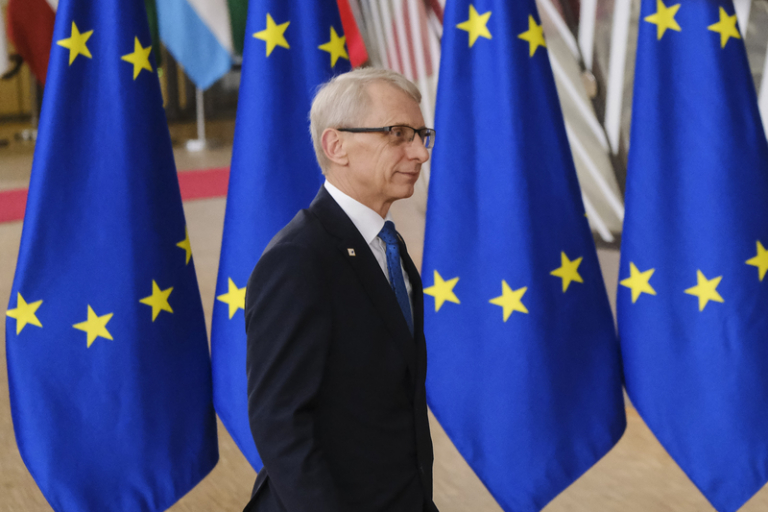
27.10.2023
Bulgaria is inclined to agree to higher national contributions of the member states to the European Union’s collective treasury due to the need to secure additional funding for priority projects. Prime Minister Acad. Nikolai Denkov officially stated this position at the meeting of the European Council in Brussels.
“We prefer this option as the alternative is either to have no funding for the projects some of which are very important for us such as those in the field of migration and the protection of the external borders, or else to draw from other programs such as the Cohesion Fund, the Common Agricultural Policy or Horizon Europe which we do not want to be affected,” the Prime Minister said in Brussels.
If an agreement is reached on increased contributions, Bulgaria will not feel it actually, as the EU migration and external border policies will give the country more than what its increased contribution to the EU would amount to.
In the course of the debate to the revision of the EU Multiannual Financial Framework (MMF), the member states agreed on several priorities that reflect the new political challenges. This is about the provision of further support to Ukraine, of additional funding to areas such as migration and external border management as well as disaster relief. It is discussed how to finance these additional needs: whether by means of a solidarity funding by the member states or else, through the reallocation of the available funds.
An assessment will be made to what an extent it is realistic to resort to the reallocation of funds within the current EU budget and what the effect on other EU programs would be as an alternative to a potential proportional increase of the contributions. If an agreement is reached to increase the amount of the EU long-term budget for the period 2024-2027, the member states’ contributions will be calculated under a special set of methods that correlate with the Gross Domestic Product (GDP).